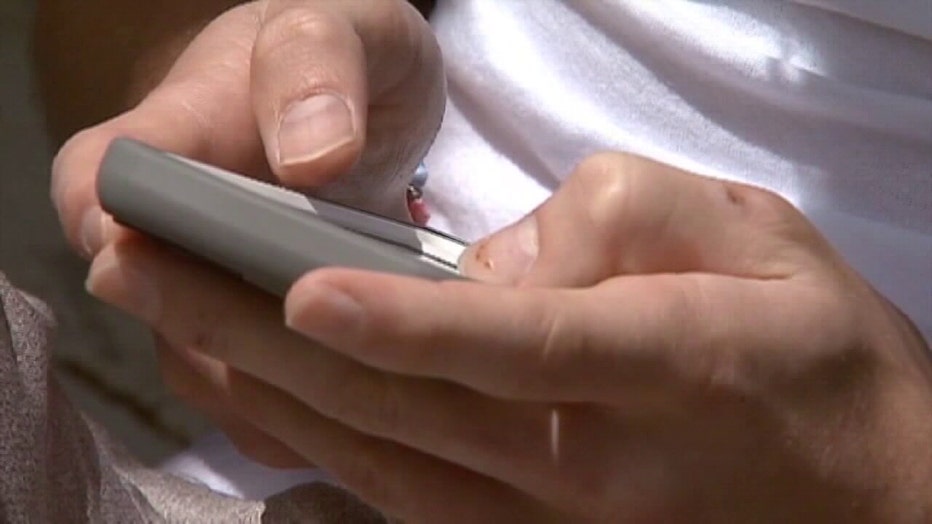Should parents keep their kids off social media?
ST. PETERSBURG, Fla. - When it comes to staying social, a game of basketball is just fine with 12-year-old Ronald Peters.
"A bike ride. Catch snakes. Hang out with my friends," said Ronald.
Some of his friends use social media, but right now, he has no interest.
"I just don't think that's useful. Usually like we'll be doing something, and then they'll just get distracted and be on their phone forever," said Ronald.
READ: Over half of Americans have faced online hate or harassment, survey finds
His mom hopes to keep her kids off the apps for as long as possible.
"I want them to have the best mental health possible. I want them to be engaged with other people," shared Briella Peters.
Dr. Jennifer Katzenstein is the director of psychology, neuropsychology and social work and co-director of the Center for Behavioral Health at Johns Hopkins All Children's Hospital in St. Petersburg.
She said it's about striking a balance.
MORE: Instagram explains how it ranks the content you see
"We have seen in the research that there is a U-shaped curve for our kids who are using devices such that those who have no social media use and those have really high social media use show more signs of depression than those who have an amount of device use right in the middle. And what the American Academy of Pediatrics suggests is no more than two hours a day outside of schoolwork," explained Dr. Katzenstein.

And what's considered social media may not necessarily be the usual suspects.
"So that can include apps more broadly than what we typically think of in terms of Facebook or Snapchat, Twitter, Instagram. But I also conceptualize it to include any place where there's interaction between two individuals. So it can be other apps such as YouTube or Roblox, where there's that communication back and forth. Even truly, any video game where a child may have interaction with other people who they may or may not know," said Dr. Katzenstein.
She has noticed an unsettling trend.
"Increasingly, we're seeing adolescents present to our clinic with concerns for their own mental health diagnoses, specifically things like an autism spectrum disorder or other mental health concern because of TikTok videos they've seen. And so it's also incredibly important for our kids to know how to consume that information, because oftentimes that's misinformation or misdiagnosis," shared Dr. Katzenstein.
PREVIOUS: Viral 'mermaid mantra' TikTok shows the importance of water safety for children
Parents should have a social media talk with their kids.
"Major questions include, what apps are on there? Are we going to limit exposure to those apps? How do we engage with one another if we wouldn't say it to someone's face. We're absolutely not putting it on social media. What to do as a parent or a child who finds out that there's been some sort of inappropriate texting or if there's bullying happening, who do we alert? What will the plan be when those things happen?" asked Dr. Katzenstein.
And encouraging kids to put the devices down and get outdoors is always a good idea.
"Getting outside, having other activities is protective against mental health concerns when it comes to device use," said Dr. Katzenstein.

